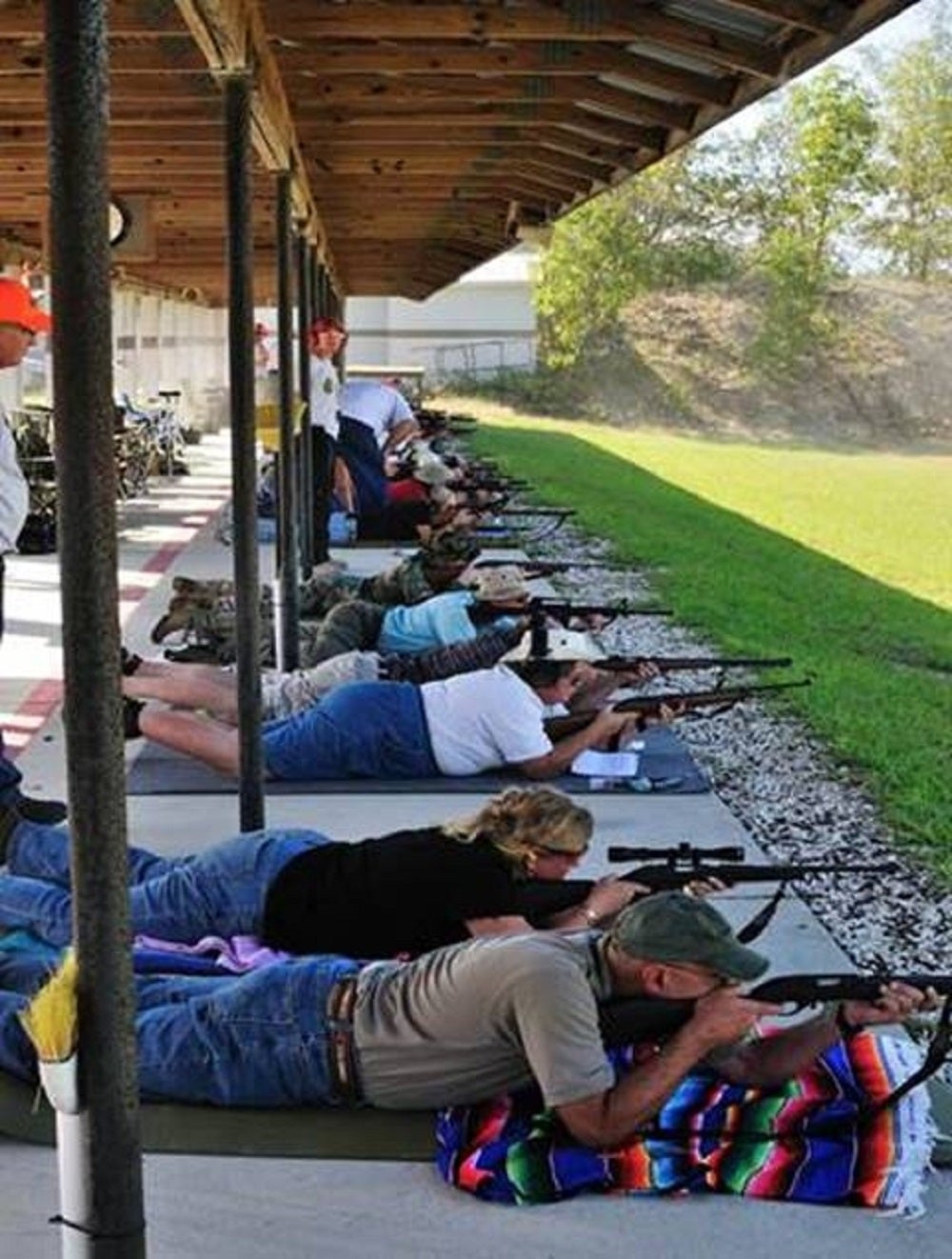So Many Variables to Gun Shooting
Dr. John Woods 02.27.19

It takes every facet of shooting to be consistently accurate. In the final analysis this is why continual practice is so essential. Many shooters simply do not believe that shooting skills are a lost talent if they are not practiced regularly. Whereas law enforcement and military are constantly having to requalify to stay proficient in their shooting skills, that is difficult for most individuals to do,
Even then, so many other factors impact shooting accuracy. Some of those factors can be controlled to some extent by the shooter, but others are just aggravating to the achievement of good shooting accuracy. Acknowledging those factors goes a long way toward helping shooters understand why their shooting skills vary so often.
First, consider what a gun is either a precision rifle, hunting rifle, a shotgun or a handgun. These are all mechanical devices with engineering and manufacturing tolerances that vary greatly, even potentially to the same models of guns coming off the assembly line in serial number sequence. Often, two similar guns do not perform the same.
Barrel rifling can vary just slightly and funny things also happen when a barrel heats up or gets too dirty. Some barrel metals react differently after shooting sessions. I had a Remington Model 7 with a stainless steel barrel in 7mm-08 that would start throwing shots all over the target after about 10 shots off the sight in bench. That pencil barrel would get so hot it became an entirely unreliable rifle in terms of accuracy for hunting. It got quickly traded.
Ammunition can also vary between production lots, bullet weights and bullet types. Shooters often have to test a wide variety of loads to find the one load or loads that has metallurgical chemistry with that firearm. Some pistols are very sensitive to ammunition types especially in terms of slide cycles, extraction and ejection of fired brass, all which affect accuracy.
Environmental impacts are a huge variable in accurate shooting, too, especially for very long range shooting that is so popular now. Certainly wind is a big factor in this. Strong winds across the target zone can make bullets fly off course, rise and dip like a slider at Fenway Park. Such conditions have to be taken into account for both bench shooting and when hunting big game.
There is a lot more to shooting than just pulling the trigger. Outwitting all of these variables is why it takes frequent, consistent shooting practice to acquire the skills for accurate shooting.